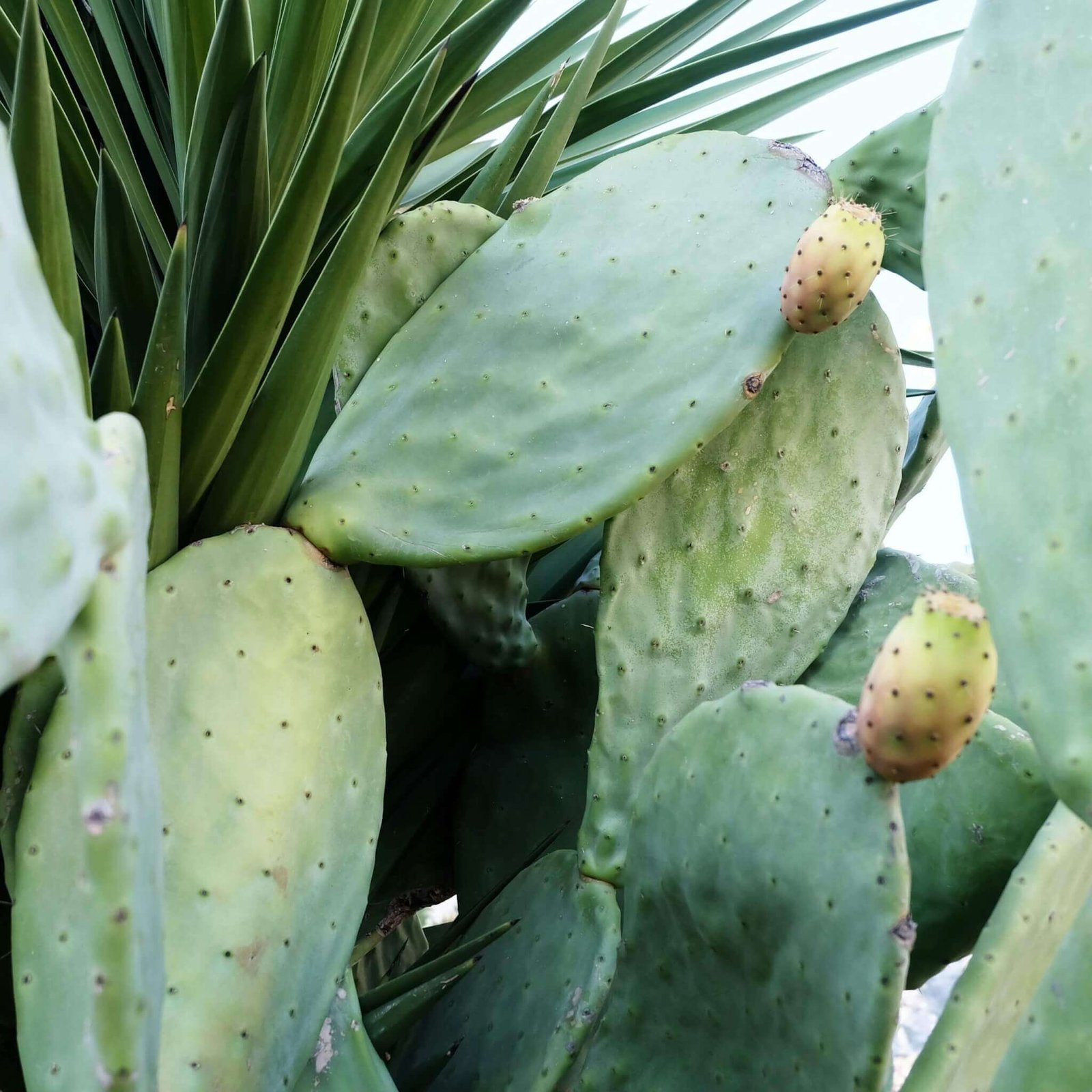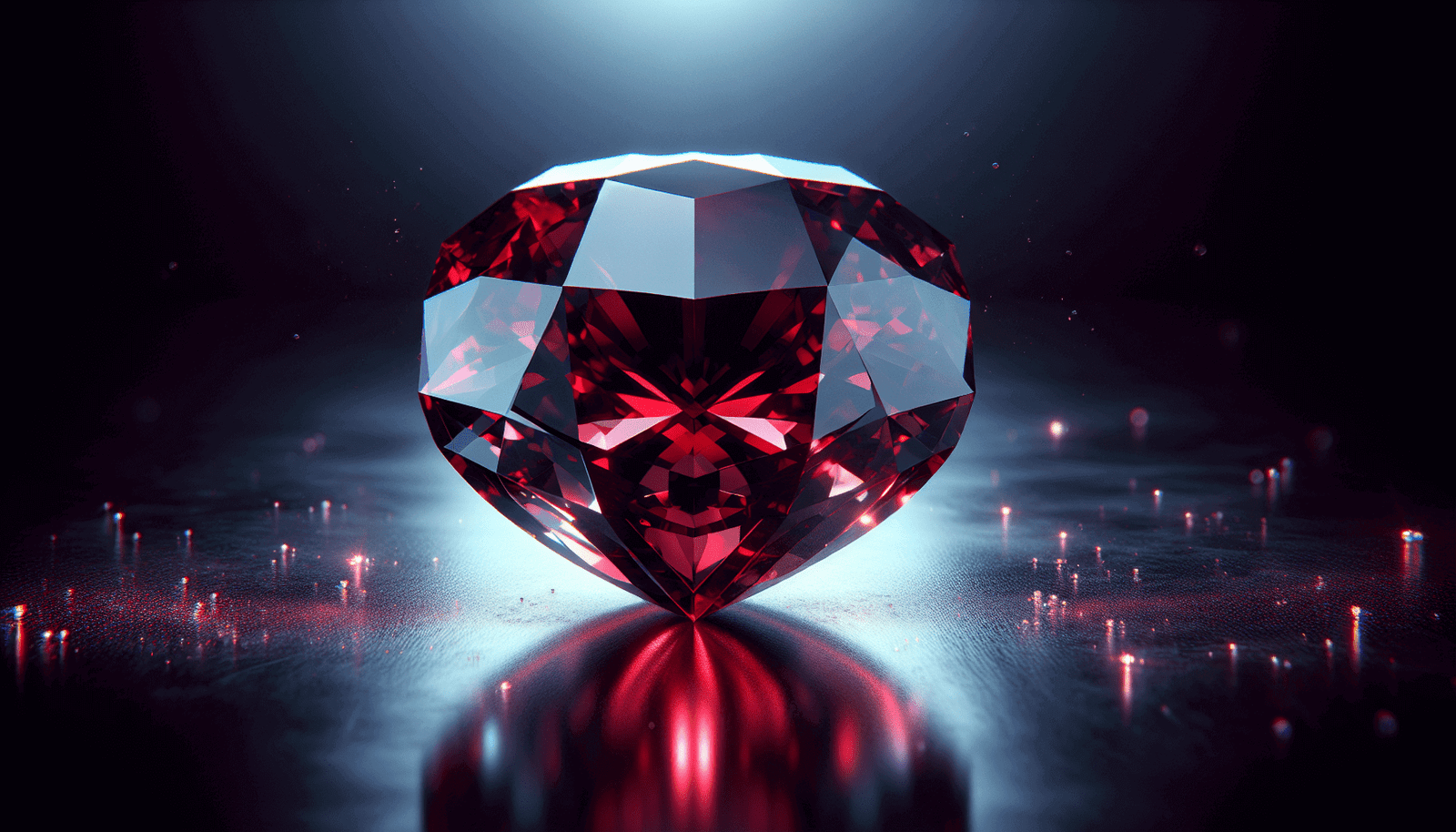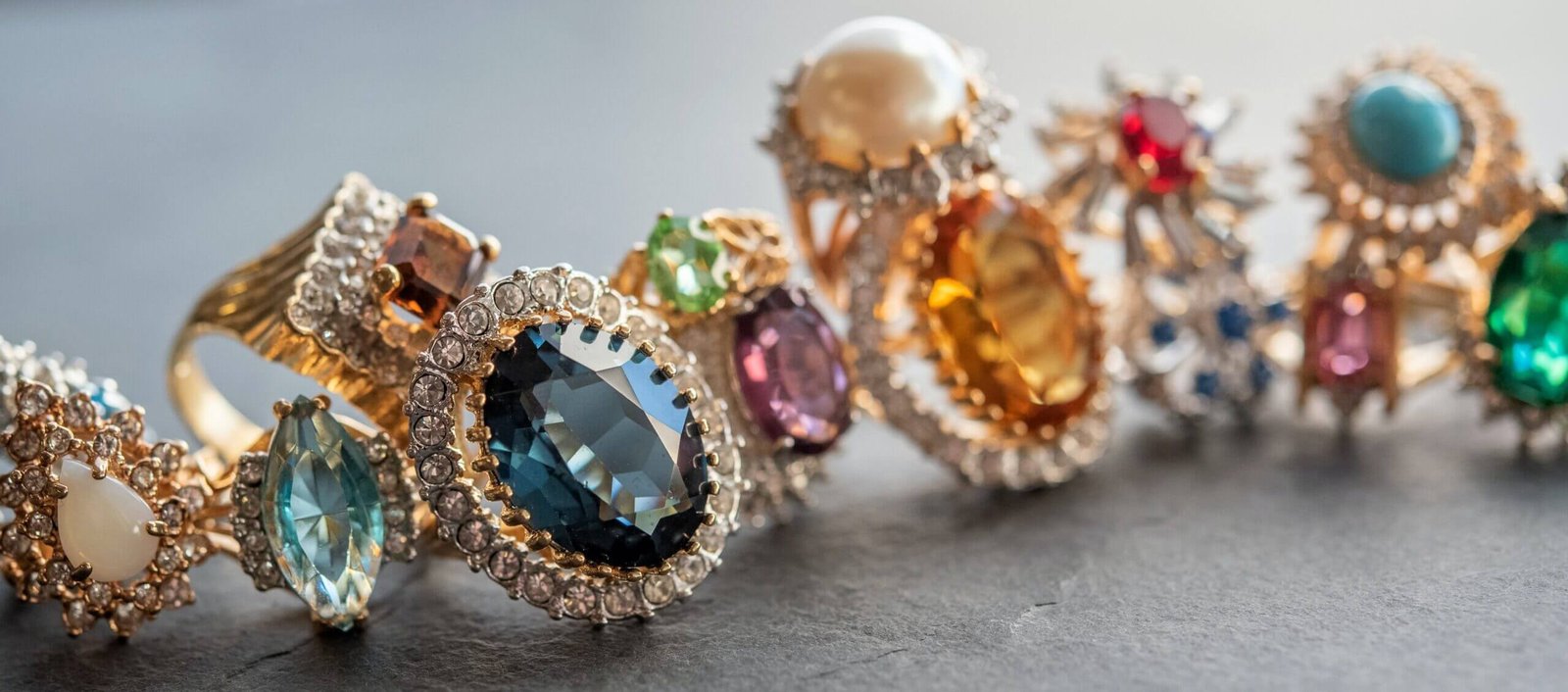Is Spinel Worth Anything?” is a fascinating journey into the world of gemstones, shedding light on the often-overlooked treasure known as spinel. You might be surprised to learn that this gem, once mistaken for rubies and sapphires, holds significant value both in beauty and rarity. From its vibrant colors and historical significance to its emerging popularity in the jewelry market, this article explores all the reasons why spinel has become a sought-after gem among collectors and enthusiasts. Whether you’re a jewelry lover or a curious novice, you’ll find yourself captivated by the alluring secrets behind spinel’s true worth. Have you ever come across a gem that’s so sparkling and vibrant that it makes you wonder, “Is this really worth anything?” Well, if that gem is spinel, then you’re asking a very interesting question indeed.

What is Spinel?
Spinel is a mineral that has often been overlooked, even though it can be just as dazzling as more well-known gemstones like rubies and sapphires. It’s a crystallized form of magnesium aluminum oxide, existing in a wide array of colors from vivid reds to stunning blues, and even purples and pinks.
History and Legends
Spinel has a long and colorful history that dates back thousands of years. Historically, it was often mistaken for ruby, given its rich red hues. Some of the most famous “rubies” in history were actually spinels, such as the Black Prince’s Ruby that sits in the British Imperial State Crown. Understanding its historical significance adds layers of intrigue and value to this fascinating gem.
How is Spinel Formed?
Spinel forms in metamorphic rocks through high-temperature and high-pressure conditions. The presence of magnesium and aluminum, along with the right geological conditions, gives rise to these stunning crystals. Natural spinel is quite rare, and its formation process is a testament to the marvels of geology.
Spinel Types and Varieties
Just like other gemstones, spinel comes in a range of colors and varieties. These different types can significantly affect the stone’s value and appeal.
Color Variations
Each color variation has its own distinct charm and demand. Here’s a breakdown of the most sought-after colors:
| Color | Description |
|---|---|
| Red | Resembles ruby, highly coveted in the market |
| Blue | Similar to sapphire, rare and highly valued |
| Pink | Romantic and increasingly popular in jewelry |
| Purple | Rich and luxurious, catching collectors’ eyes |
| Black | Modern and sophisticated, growing in demand |
| Other Colors | Yellow, green, and orange, unique and eye-catching |
Star Spinel
One fascinating variety of spinel is the star spinel, known for its asterism. When cut properly, it can display a star-like pattern on its surface, making it highly unique.

Determining the Value of Spinel
Is spinel worth anything? Absolutely! But determining its value can be complex. Various factors affect the worth of this gem.
Quality Factors
The value of spinel is influenced by several quality factors, including:
- Color
- Clarity
- Cut
- Carat Weight
Color
Color is arguably the most crucial factor in determining spinel’s value. Vivid, pure hues are more valuable than pallid or mixed shades.
Clarity
Clear stones with minimal inclusions are more prized. However, some inclusions are acceptable, especially in certain colors like blue and red, where inclusions are more common.
Cut
The cut impacts how well the stone captures and reflects light. A well-cut spinel can enhance its color and overall sparkle.
Carat Weight
Larger spinels are rarer and hence more expensive per carat. However, smaller stones of exceptional quality can also command high prices.
Market Trends
Market demand can also play a role in determining spinel’s worth. Over recent years, interest in spinel has significantly increased, especially as it’s becoming more recognized for its beauty and rarity. This growing demand is resulting in higher prices and increased visibility in high-end jewelry collections.
Spinel vs. Other Gemstones
When comparing spinel to other popular gemstones, several factors come into play, including rarity, durability, and market value.
Rarity
Natural spinel is rarer than many other gemstones, including rubies and sapphires, which contributes to its higher value.
| Gemstone | Rarity Comparison |
|---|---|
| Ruby | Rubies are rare but spinel is less commonly found |
| Sapphire | Sapphires are more common than spinel |
| Amethyst | Far more common and less valuable than spinel |
| Diamond | While diamonds are rare, high-quality spinel can be equally rare |
Durability
Spinel is a relatively hard gem, with a rating of 8 on the Mohs scale. This makes it durable enough for everyday wear, similar to sapphires and rubies, but slightly less durable than diamonds.
Market Value
While spinel’s market value can be high, it usually falls below that of rubies and sapphires of equivalent quality. However, exceptional spinels can fetch prices comparable to these more traditionally popular gems.

How to Buy Spinel
If you’re in the market for a stunning spinel, there are some tips and tricks to keep in mind to ensure you get the best value for your money.
Certification
Always seek certification from a reputed gemological lab. This ensures that you’re buying a genuine spinel and not a synthetic or treated stone.
Trusted Dealers
Purchase from reputable dealers who offer transparency in the gemstone’s origin and quality.
Personal Preferences
While the four Cs—color, clarity, cut, and carat weight—are essential, your personal preferences should also guide your choice. After all, the best gemstone is one that resonates with you.
Caring for Your Spinel
Once you have your spinel, taking proper care of it is crucial to maintaining its lustrous beauty.
Cleaning
Clean your spinel jewelry with mild soap and water. Use a soft brush to remove any grime and pat dry with a soft cloth.
Storage
Store your spinel separately from other gemstones to prevent scratches. Using a soft pouch or a lined jewelry box is a good idea.
Avoiding Chemicals
Avoid exposing your spinel to harsh chemicals, including household cleaners and personal care products, as they can damage the stone over time.

Famous Spinels
Throughout history, some spinels have gained fame for their beauty and size.
The Black Prince’s Ruby
Perhaps the most famous spinel is the Black Prince’s Ruby, which actually isn’t a ruby at all but a large, fine red spinel. It adorns the British Crown Jewels and has a colorful history steeped in lore and legend.
The Timur Ruby
Another famous red spinel is the Timur Ruby, which belongs to the British Crown Jewels collection. Weighing a whopping 352 carats, it’s one of the world’s largest and most impressive spinels.
Future of Spinel
The future looks bright for this vibrant gemstone. As more people become aware of its beauty and rarity, it’s likely that demand and prices will continue to rise.
Increasing Popularity
More designers are incorporating spinel into their collections, seeing its potential for beauty and desirability. Its increasing presence in the jewelry market is helping to elevate its status.
Investment Potential
Given its rarity and increasing popularity, investing in high-quality spinel could be a savvy financial move. Just like other precious stones, top-grade spinels are likely to appreciate in value over time.

Conclusion
So, is spinel worth anything? Absolutely! Spinel is a remarkable gemstone with a rich history, stunning array of colors, and significant value. Whether you’re a gem enthusiast, a jewelry lover, or an investor, spinel offers something for everyone. Its unique beauty and growing market appreciation make it a worthy addition to any jewelry collection or portfolio.
If you ever find yourself captivated by the vibrant allure of a spinel, you’ll now know just how special and valuable it truly is. So go ahead, dive into the amazing world of spinel, and add a touch of timeless elegance to your life.



